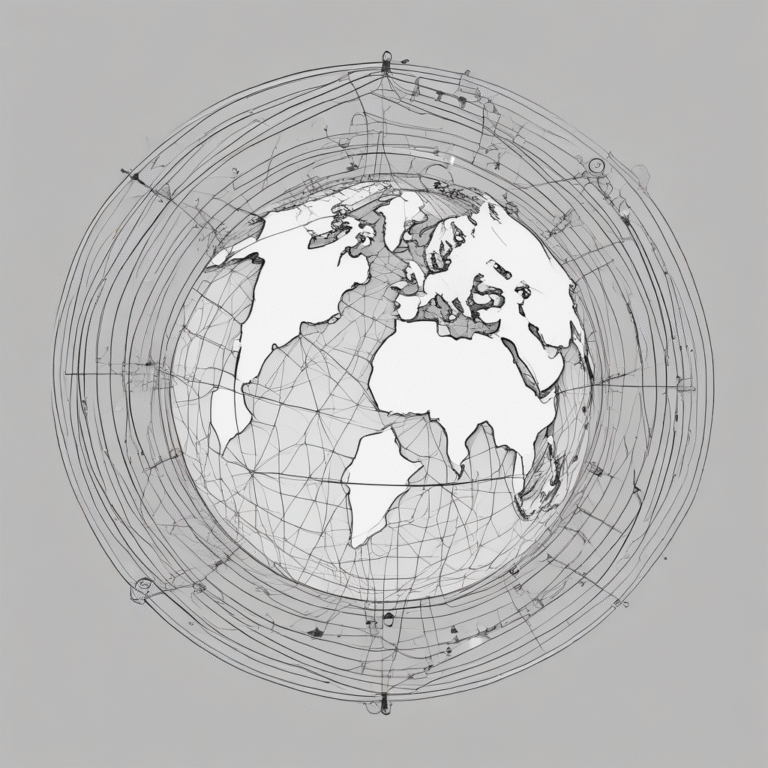How the EU AI Act Revolutionizes AI Ethics
The EU AI Act represents a significant turning point in the landscape of artificial intelligence (AI) ethics. As AI technologies advance rapidly, the need for responsible practices has become essential. This study explores the implications of the EU AI Act, the responses from major industry players, and the broader impact on AI ethics.
A New Dawn for AI
The EU AI Act aims to reshape how organizations approach AI development. By setting clear regulations, it serves as a protective shield for users, ensuring that ethical considerations are prioritized in AI applications. This legislation is not merely legal text; it is a moral guide that compels developers to focus on safety, transparency, and fairness.
The Importance of Ethical AI
Ethical AI is crucial for building trust in AI systems. The introduction of the EU AI Act has sparked a movement among industry leaders to commit to responsible AI practices. Major vendors, such as OpenAI, Google, Microsoft, and Adobe, have taken significant steps to ensure that their AI technologies align with ethical standards.
Major Vendors’ Initiatives
OpenAI’s Transparency Initiative
OpenAI has embarked on a project to open-source part of their AI development. This initiative enhances transparency, allowing stakeholders to understand the algorithms behind their AI systems. Such transparency fosters trust and demonstrates that ethical AI can operate without secrecy.
Microsoft’s Trustworthy AI Tools
Microsoft has developed a suite of AI safety tools designed to ensure that AI products remain within ethical boundaries. These tools serve as a safety net, ensuring that AI innovations do not compromise ethical guidelines.
Adobe’s Ethics-Driven Design
Adobe has integrated ethics as a core design principle in their AI framework. By embedding ethical considerations throughout the product development process, Adobe sets a benchmark for the industry, ensuring that creativity is balanced with accountability.
Google’s AI for Social Good
Google’s initiative focuses on leveraging AI for social benefits, demonstrating how ethical AI can positively impact society. This approach aligns with the objectives of the EU AI Act, showcasing that responsible AI can lead to meaningful change.
Challenges in Balancing Innovation and Ethics
The journey towards ethical AI is fraught with challenges. Organizations must navigate the tension between fostering innovation and adhering to ethical mandates. It is essential to foster a culture that embraces ethical practices without stifling creativity.
Addressing Common Queries
- How does the EU AI Act affect startups?
Startups are encouraged to adopt ethical practices from the outset, leveraging the EU AI Act to build trust and credibility. - Can AI ever be truly ethical?
AI ethics depend on the commitments of its creators, emphasizing the need for continuous improvement. - How can consumers ensure responsible AI use?
Consumers should support companies that prioritize transparency and adhere to ethical standards. - What role does training play in AI ethics?
Training developers on ethical considerations is crucial for fostering diverse perspectives in AI development. - Why is transparency vital in AI?
Transparency builds trust and empowers users to make informed decisions regarding AI systems.
The Future of Responsible AI
The EU AI Act, along with the collective efforts of industry leaders, has set a new standard for responsible AI. As organizations continue to embrace ethical innovation, the potential for AI to serve as a force for good becomes increasingly apparent. The journey towards ethical AI is ongoing, but the groundwork laid by the EU AI Act is a crucial step forward.










